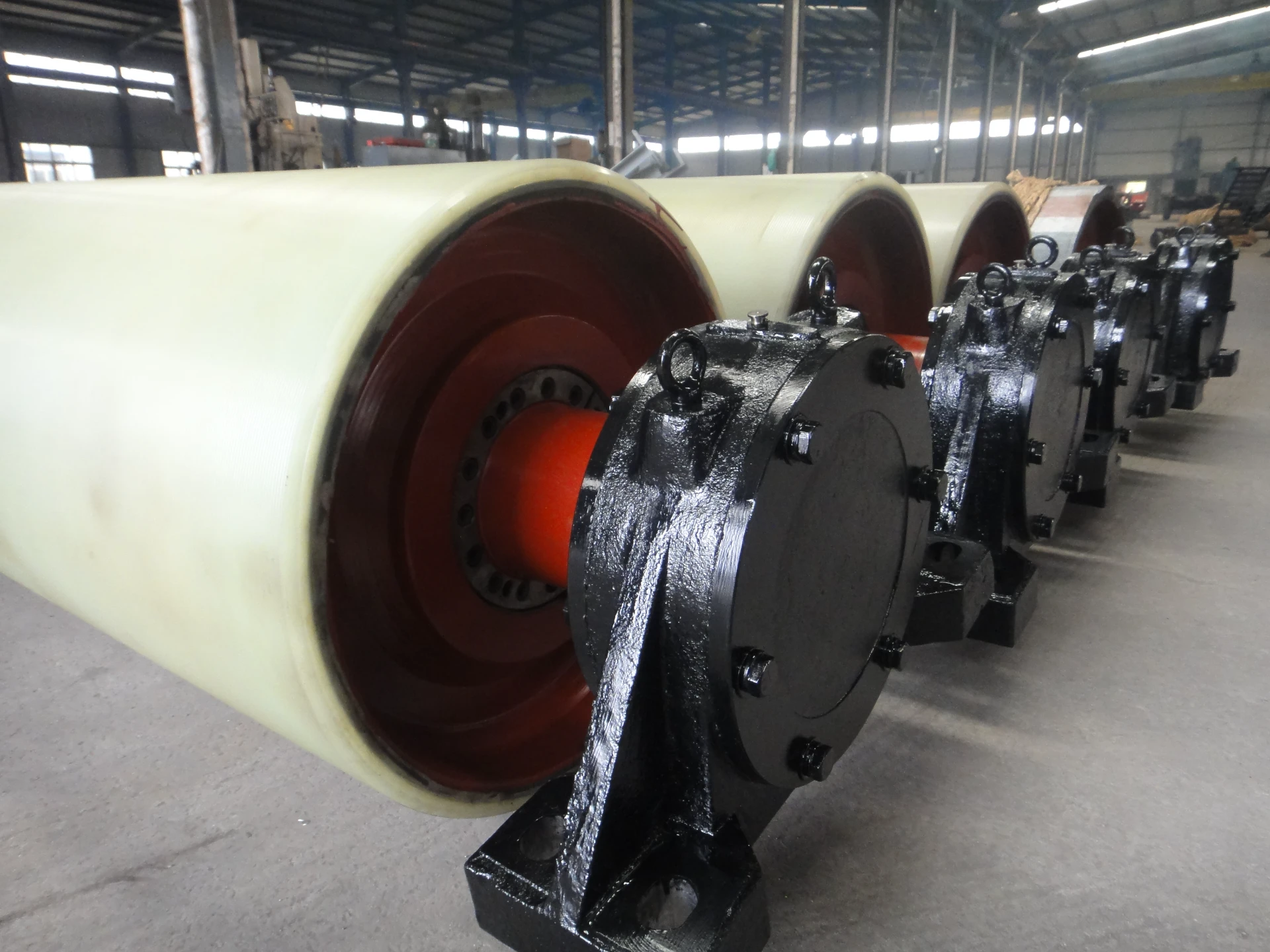 Afrikaans
Afrikaans  Albanian
Albanian  Amharic
Amharic  Arabic
Arabic  Armenian
Armenian  Azerbaijani
Azerbaijani  Basque
Basque  Belarusian
Belarusian  Bengali
Bengali  Bosnian
Bosnian  Bulgarian
Bulgarian  Catalan
Catalan  Cebuano
Cebuano  Corsican
Corsican  Croatian
Croatian  Czech
Czech  Danish
Danish  Dutch
Dutch  English
English  Esperanto
Esperanto  Estonian
Estonian  Finnish
Finnish  French
French  Frisian
Frisian  Galician
Galician  Georgian
Georgian  German
German  Greek
Greek  Gujarati
Gujarati  Haitian Creole
Haitian Creole  hausa
hausa  hawaiian
hawaiian  Hebrew
Hebrew  Hindi
Hindi  Miao
Miao  Hungarian
Hungarian  Icelandic
Icelandic  igbo
igbo  Indonesian
Indonesian  irish
irish  Italian
Italian  Japanese
Japanese  Javanese
Javanese  Kannada
Kannada  kazakh
kazakh  Khmer
Khmer  Rwandese
Rwandese  Korean
Korean  Kurdish
Kurdish  Kyrgyz
Kyrgyz  Lao
Lao  Latin
Latin  Latvian
Latvian  Lithuanian
Lithuanian  Luxembourgish
Luxembourgish  Macedonian
Macedonian  Malgashi
Malgashi  Malay
Malay  Malayalam
Malayalam  Maltese
Maltese  Maori
Maori  Marathi
Marathi  Mongolian
Mongolian  Myanmar
Myanmar  Nepali
Nepali  Norwegian
Norwegian  Norwegian
Norwegian  Occitan
Occitan  Pashto
Pashto  Persian
Persian  Polish
Polish  Portuguese
Portuguese  Punjabi
Punjabi  Romanian
Romanian  Russian
Russian  Samoan
Samoan  Scottish Gaelic
Scottish Gaelic  Serbian
Serbian  Sesotho
Sesotho  Shona
Shona  Sindhi
Sindhi  Sinhala
Sinhala  Slovak
Slovak  Slovenian
Slovenian  Somali
Somali  Spanish
Spanish  Sundanese
Sundanese  Swahili
Swahili  Swedish
Swedish  Tagalog
Tagalog  Tajik
Tajik  Tamil
Tamil  Tatar
Tatar  Telugu
Telugu  Thai
Thai  Turkish
Turkish  Turkmen
Turkmen  Ukrainian
Ukrainian  Urdu
Urdu  Uighur
Uighur  Uzbek
Uzbek  Vietnamese
Vietnamese  Welsh
Welsh  Bantu
Bantu  Yiddish
Yiddish  Yoruba
Yoruba  Zulu
Zulu Benefits of Polyurethane Pulleys in Industrial Applications and Their Impact on Performance
The Advantages of Polyurethane Pulleys in Industrial Applications
In the realm of industrial machinery, the choice of materials plays a pivotal role in the performance, efficiency, and longevity of components. One material that has gained significant traction in various industrial applications is polyurethane. Among the many components that benefit from polyurethane, pulleys stand out due to their unique properties and advantages.
Enhanced Durability and Strength
Polyurethane pulleys are known for their exceptional durability. Unlike traditional materials like metal or rubber, polyurethane exhibits superior resistance to wear and tear. This attribute is especially important in high-usage environments where pulleys are subjected to constant friction and mechanical stress. Polyurethane’s high tensile strength ensures that pulleys maintain their structural integrity even under heavy loads, significantly reducing the risk of breakage and the need for frequent replacements.
Reduced Noise and Vibration
Noise pollution is a common issue in industrial settings, often leading to a stressful working environment and potential regulatory concerns. One of the most notable advantages of polyurethane pulleys is their ability to dampen noise and vibrations. The elastic properties of polyurethane absorb and dissipate vibrations effectively, leading to quieter operation compared to metal pulleys. This characteristic not only contributes to a more pleasant workplace but also helps to protect sensitive machinery from potential damage caused by excessive vibration.
Chemical Resistance and Versatility
Another significant benefit of polyurethane pulleys is their excellent chemical resistance. Polyurethane is resistant to a wide range of chemicals, oils, and solvents, making it suitable for various industries, including automotive, food processing, and pharmaceuticals. This versatility ensures that polyurethane pulleys can be used in diverse applications without the fear of degradation or performance loss over time, making them a reliable choice for manufacturers.
polyurethane pulley

Lightweight Design
Weight plays a crucial role in the efficiency of any mechanical system. Polyurethane pulleys are generally lighter than their metal counterparts. This lightweight characteristic not only facilitates easier handling and installation but also contributes to overall energy savings. Lower weight means less energy is required to move parts, enhancing the efficiency of the machinery and potentially lowering operational costs.
Customization Options
Manufacturers can also take advantage of the customization options that polyurethane offers. Pulleys can be manufactured in a variety of shapes, sizes, and hardness levels to meet specific application requirements. This flexibility ensures that businesses can tailor their components to their unique operational needs, helping to enhance performance and efficiency.
Cost-Effectiveness
While the initial cost of polyurethane pulleys might be higher than traditional materials, their long-term benefits often outweigh the upfront investment. The durability, reduced maintenance needs, and extended lifespan of polyurethane components lead to lower overall operational costs. In industries where downtime can lead to significant financial losses, the reliability of polyurethane pulleys is a significant advantage.
Conclusion
In conclusion, polyurethane pulleys offer a multitude of benefits that make them an excellent choice for various industrial applications. Their durability, noise reduction capabilities, chemical resistance, lightweight nature, and customization options position them as a superior alternative to traditional materials. As industries continue to seek innovative solutions to enhance efficiency and performance, the use of polyurethane pulleys is likely to grow, paving the way for a more effective and sustainable industrial future. Whether it's in manufacturing, logistics, or other sectors, the advantages of incorporating polyurethane pulleys into operational systems cannot be overstated.
-
Trusted Conveyor Solutions from Leading Conveyor Idler Roller ManufacturersNewsJun.27,2025
-
Reliable Return Idler Solutions for Efficient Belt Conveyor SystemsNewsJun.27,2025
-
Precision Conveyor Accessories for Streamlined Material HandlingNewsJun.27,2025
-
High-Quality Belt Conveyor Idler Solutions for Efficient Material HandlingNewsJun.27,2025
-
High-Performance Belt Conveyor Pulleys for Reliable Material HandlingNewsJun.27,2025
-
Enhancing Material Handling EfficiencyNewsJun.27,2025





























